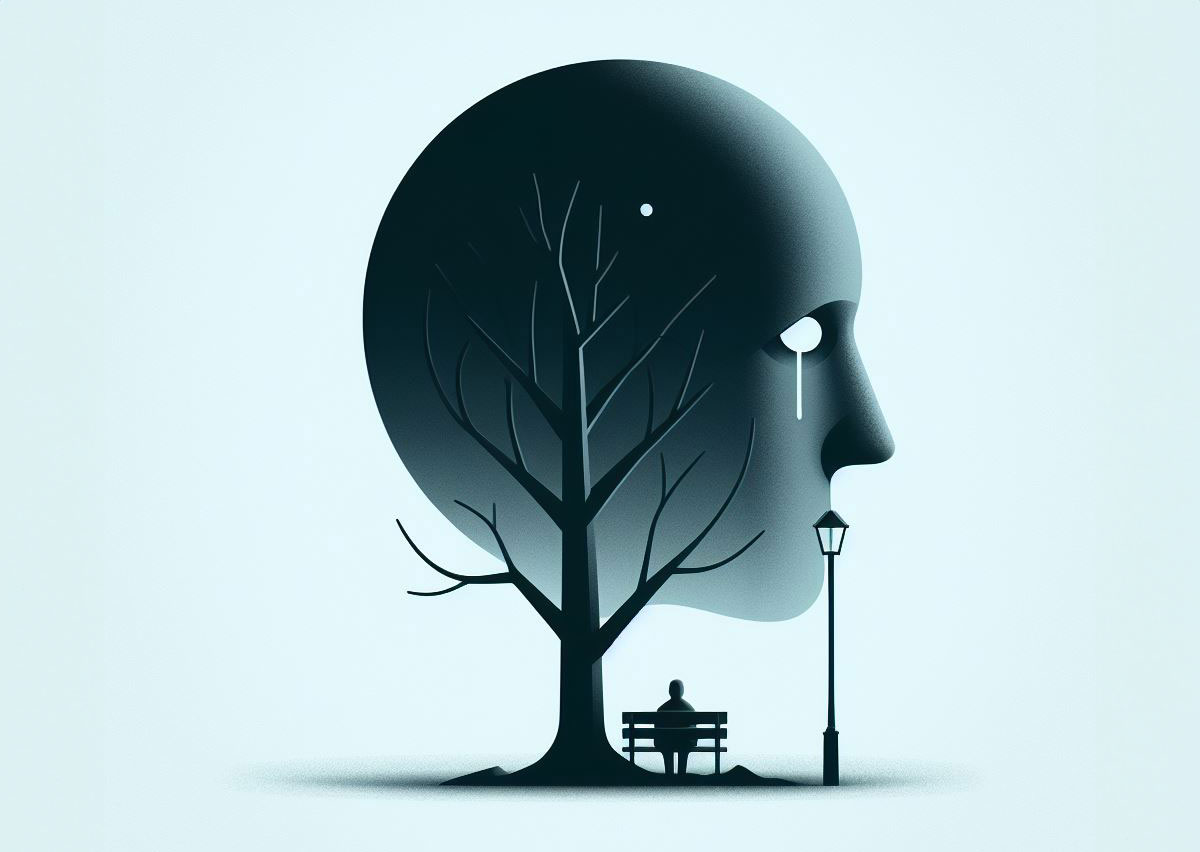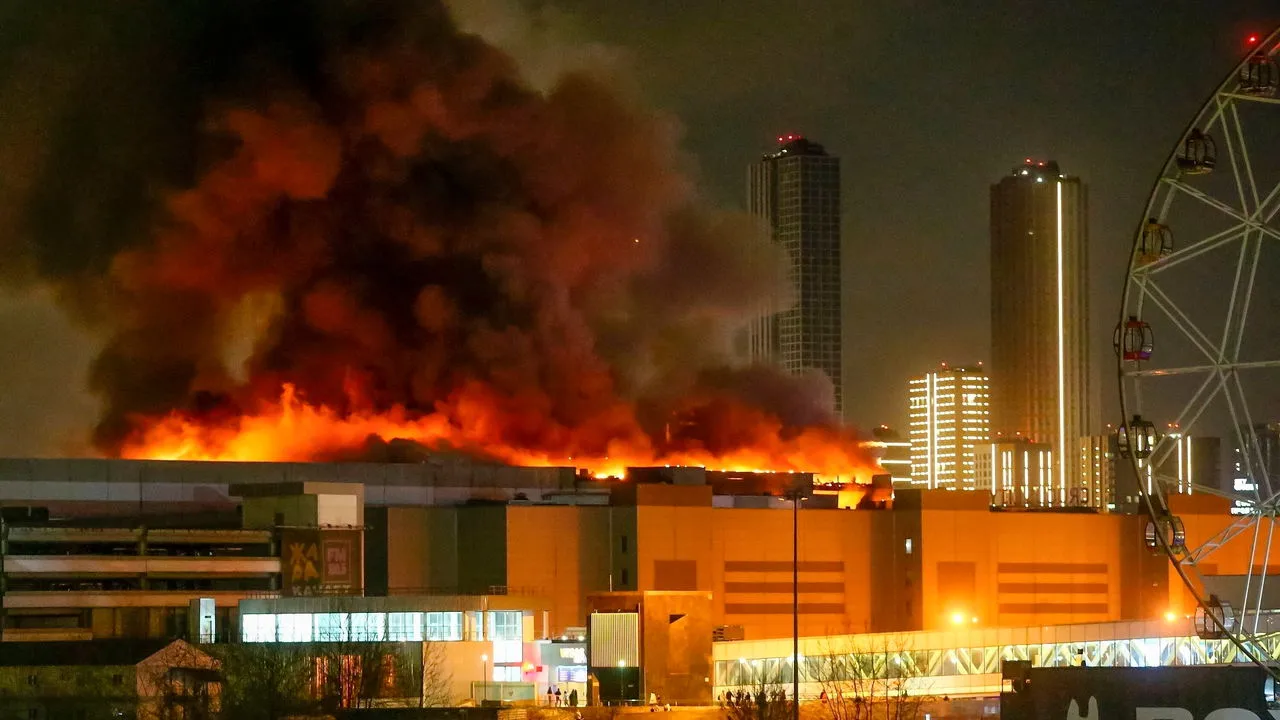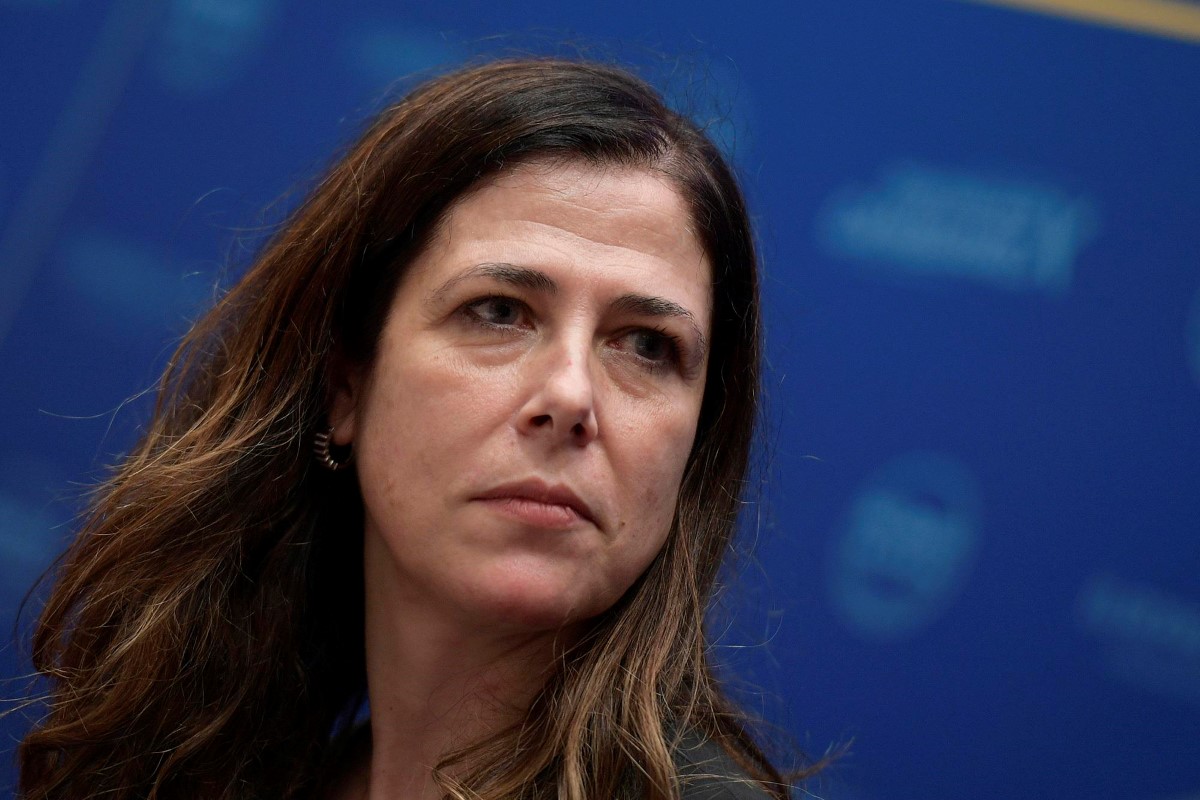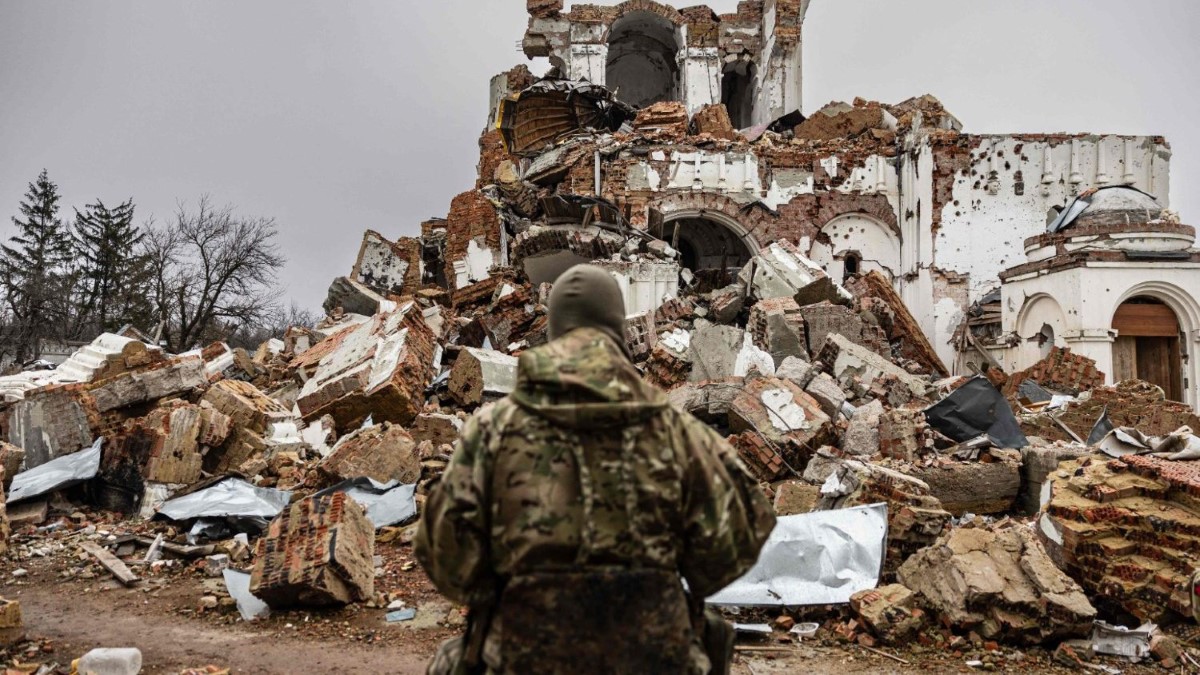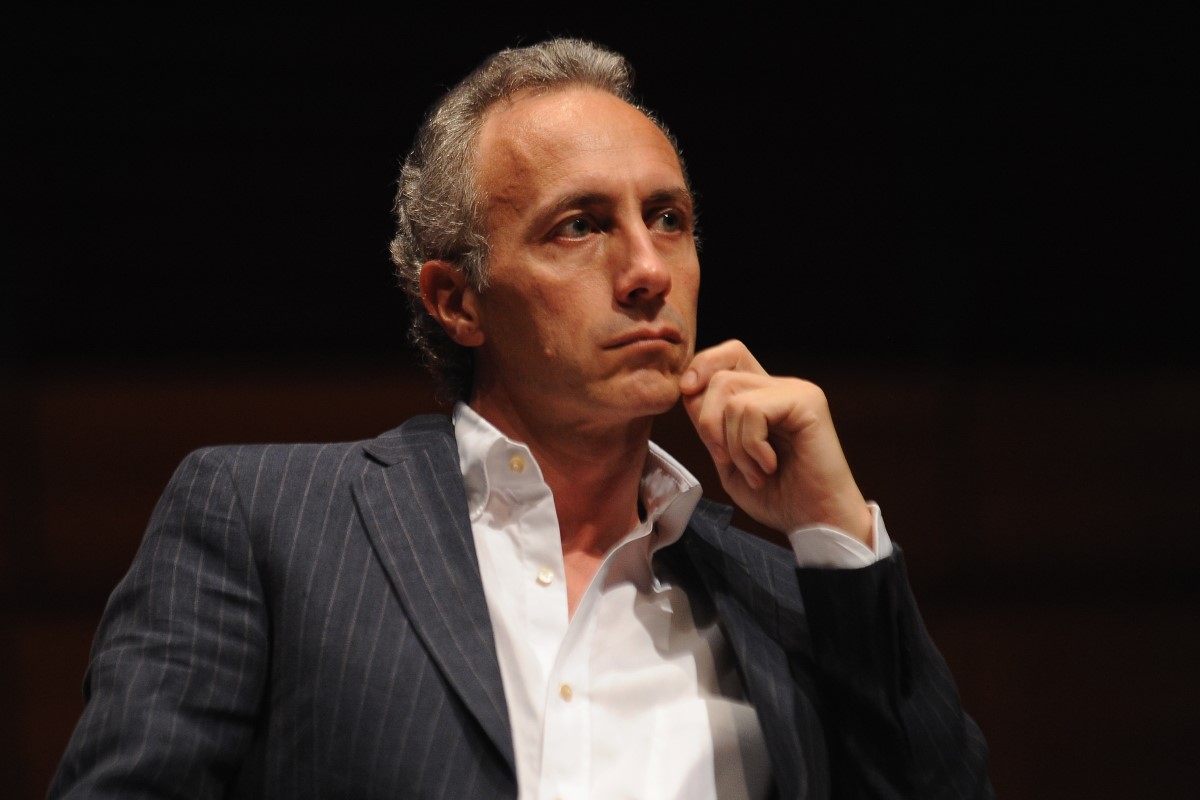Following the nation-wide uproar over the murder of young Italian student, Giulia Cecchettin, allegedly at the hands of her former boyfriend, Italian journalist Marco Travaglio reflects on the nature of journalism and its responsibility to respond to tragic events, such as murder. He criticizes the media’s tendency to talk excessively about such events, often without having anything useful to say. He emphasizes the importance of silence in the face of death and suggests that, rather than trying to provide immediate solutions, people should try to understand and deal with life’s difficulties. Finally, Travaglio expresses skepticism regarding the effectiveness of common responses to such tragedies, such as the tightening of sentences or education on affectivity in schools.
Journalism is a beautiful profession: every day you write and vent what’s inside you. But there are times when you would like to be a hermit, without anyone asking you to have your say, to show off a ready-made and ready-made solution. And this happens when a solution isn’t there or, if there is, it’s bigger than you. For example, faced with the absolute evil hidden in an apparently normal boy who – at least according to the investigations – slaughters his ex-girlfriend before she graduates and throws her into a ravine. Since TV, social media, and newspapers talk about it, we need to talk about it more and more, and every day the spaces in which we talk about it increase, even if the things to say decrease. Politicians talk about it, accusing themselves of more or less real crimes, or proposing more or less useful laws, or improvising more or less ridiculous mea culpas just to grab a title, a summary, or a caption that talks about them. Writers, artists, psychologists, journalists talk about it: all with their ready-made panacea, all sure that it is the family’s fault, not the mothers, not the fathers, not the school, not the society, not the patriarchy, not the politicians, no from the right, no from the left, no from the government, no from the state, no from the missing laws (obviously “bipartisan”) in a cacophony that is at least as jarring as the applause at funerals. And it makes the value of silence even more precious. In the face of death, we remain silent. Those who believe pray, those who don’t believe reflect, everyone should remain silent. Especially if they have nothing useful to say.
Then, calmly and in a low voice, they could try to stay close to whoever is a parent, who is a child, who is a husband, or wife, or boyfriend, or girlfriend, to listen to him, to talk to him about the struggle of life, the pain of failure, of the disappointment of rejection, of cotton wool boredom, of the processing of pain, of the value of banging your head and biting your tongue and holding back your hands, of the difference between love and possession and between personal fulfillment and success (or, even worse, fame), of the transience of feelings, of respect for the freedom of others, of the importance of letting them go and getting back into the game, always with effort, with respect and without shortcuts. Then you can crack down as much as you want, assuming that femicides kill because they don’t know that it’s forbidden and they risk life imprisonment or less. And it will be possible to organize all school courses on “emotional education”, as long as it can be taught from the teacher’s desk in a classroom detached from the real educators of our times: that is, social networks, TV, cinema, the street, friends and all the “reference models” who today arrive much earlier and much better than teachers, professors, and parents. And in the end, they win, in the cacophony that killed the silence.
Il Fatto Quotidiano, November 21, 2023
You can read here the original article in Italian.

